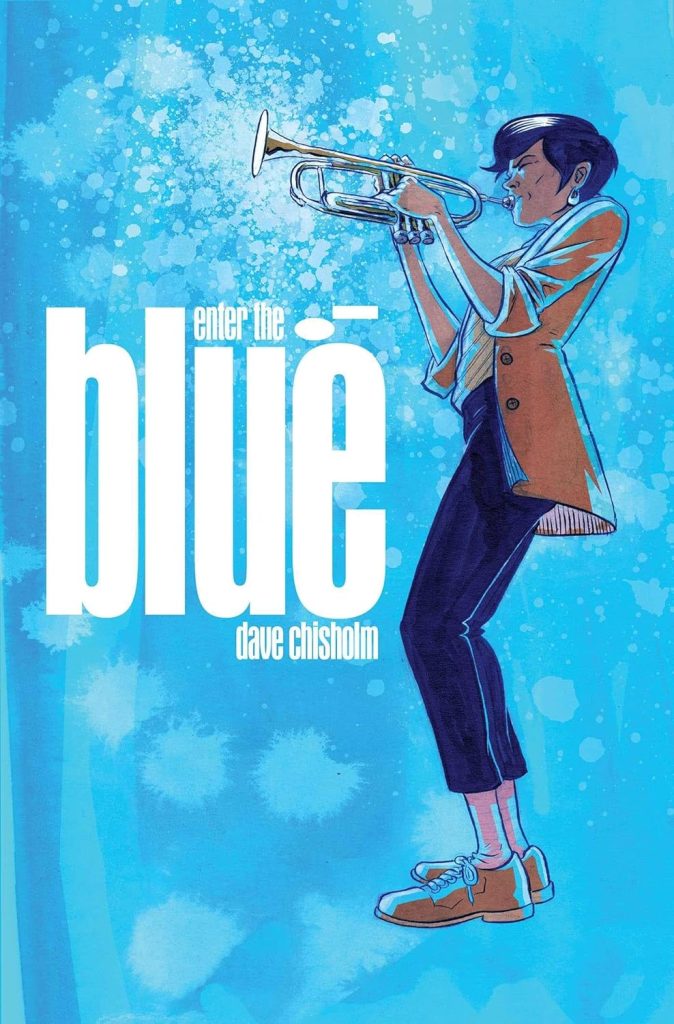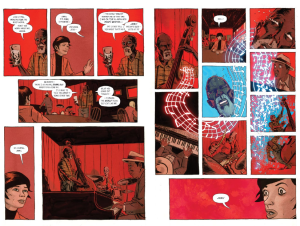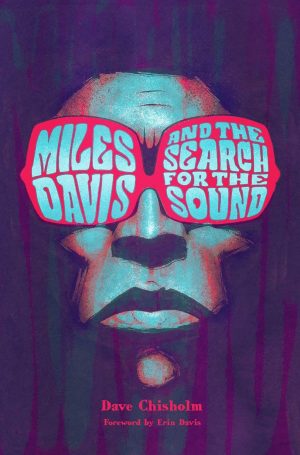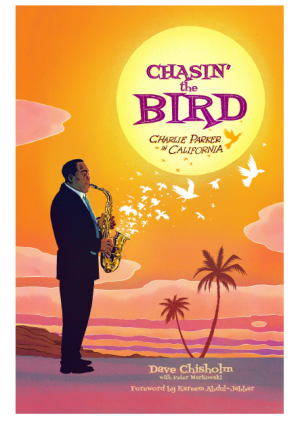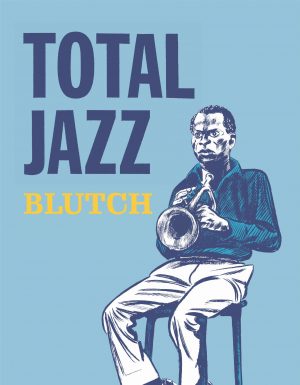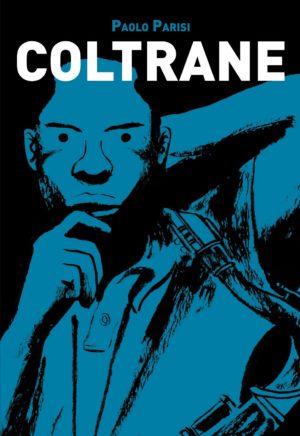Review by Frank Plowright
For many jazz enthusiasts a lifetime could be spent listening to what Blue Note issued during the 1950s and 1960s, and Enter the Blue is Dave Chisholm’s love letter to that period. Unlike his excellent biographies of Miles Davis and Charley Parker (see recommendations), this is a fictionalised trip among the greats, with The Blue being a mythical zone where those musicians perfectly attuned lock into and perfect their craft.
It’s somewhere Jesse Choi could do with reaching. Her career in New York is going nowhere, and she’s losing faith in her ability. The decision she reaches is that she’d be better off teaching than playing. She humours her mentor’s comments about The Blue until the day comes when she’s desperate enough to pick up her horn again.
Conveying music in comics is notoriously difficult, and the number of creators who’ve managed to evoke the feeling of the perfect musical rush are few and far between, yet Chisholm’s consistently among them. He’ll occasionally use the most obvious method of musical notes, but twisted and swirling and they’ll move beyond to abstracted shapes. It’s also to do with pose and expression, and Chisholm being a trumpet player himself obviously helps convey the feelings. Because the Blue Note album covers are so iconic, Chisholm illustrates plenty of them, and when Jesse does transcend and meets those already populating The Blue there’s a joyously drawn selection of fantasy line-ups.
While Jesse has a quest of her own, Chisholm provides an alternative history of Blue Note records that lets her transcend her fears and repressions, speculating how the label tapped into an essence. Fetishising the label, though, requires considerable explanation, and it’s at the cost of alienating ordinary readers who may buy into the story and the great art, but don’t want to dive that deep into jazz mysticism. When the actual jazz greats appear, though, everything becomes far more interesting and at times inspirational.
The plot of someone having to find themselves before they can find someone else plays out endearingly here against the musical background, and Chisholm achieves the necessary emotional pull in the end. It just takes a while to hit the pay-off.
